Student Blog
What are OS/OT?
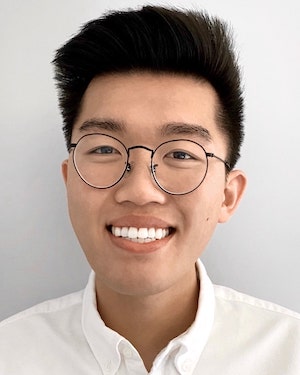
Humans of USC Chan Volume 1 ⟩
September 21, 2020, by Calvin
Classes Diversity Videos What are OS/OT?
When I was applying to OT school, I remember that I really wanted to get different student perspectives on what programs were like and how they navigated graduate school. As a student ambassador, I feel so lucky to have the opportunity to share my experiences with all of you, but I know that there are so many other extraordinary voices in the division too!
So, I gathered some second-year Entry-Level Master’s students to come and talk about what their OT school experiences have been like so far! We went over topics related to what kind of OT they’re interested in, what their favorite classes and memories are, and what challenges they’ve faced. They even shared some advice for all of you thinking about applying to the program! If you watch it through YouTube, the video is time-stamped with each topic in case you ever want to go back to a specific conversation.
I hope you find this video helpful and that these diverse perspectives give you more insight into what student life is like in the Master’s program! Welcome to the Humans of USC Chan!
⋯
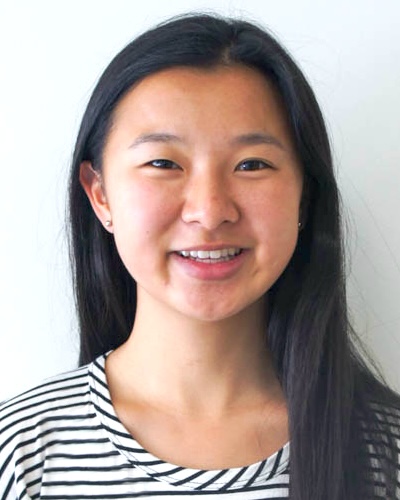
Introducing OT ⟩
September 16, 2020, by Bethany
Videos What are OS/OT?
Between our summer session ending and the start of fall, we had a one week break. And I tried to make the most of the time. I engaged in some of my favorite activities that had been pushed off during finals week, including different musical occupations. One of the most entertaining is making parodies of songs and rewriting lyrics.
I found myself reflecting on my school experiences as an OT. Ever since freshman year, I’ve had to have a definition of my major at hand. That basic introduction question of “What are you studying?” probably brought more explanation than that poor engineering student was expecting. But I thought it would be fun to put it all in song form. I hope you find this parody of Nick Jonas’ “Introducing Me” both informative and amusing. So whether you’re here for the laughs or you’ve stumbled onto this page by accident and want to learn more about OT, here it is, for your perusing.
⋯
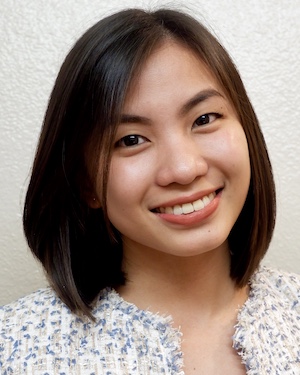
Love is sweeter the second time around ⟩
September 4, 2020, by Yna
What are OS/OT?
The first time I fell in love with OT was more than 7 years ago (I can’t believe it’s already been that long!). Right from the beginning, I always knew I wanted to have a career in a healthcare-related profession, but I wasn’t sure which field in particular. I entered the Occupational Therapy program with plans to continue on to medical school right after I graduate. However, as I got to know more about OT, I inevitably fell in love with it and felt that I actually was meant to be there. I then explored diverse practice settings as an OT intern and later on a licensed practitioner—pediatric development, adult physical rehabilitation, community-based rehabilitation, geriatrics, and mental health. Each interaction I had with a client was a unique and humbling experience that has served to prove the many ways that OTs can make a difference in our clients’ lives. The famous saying “OTs add life to years, not just years to life” indeed holds true.
Fast forward to several years later, I found myself choosing OT yet again, this time as a graduate student of the Post-Professional Master’s program. I must admit that I initially had my inhibitions about going back to school, but thanks to the efforts of Dr. Danny Park and the whole Global Initiatives team, the transition couldn’t have been smoother. Early into the program, I already got a sense of how expansive USC Chan’s curriculum is when I was presented with a number of choices for my elective courses—some of which I didn’t even know existed! Right then and there, it felt as though I was being introduced to OT once again as I saw a whole new set of possibilities unravel for my future career path. It is for this reason that I can firmly say, I’ve made the right choice. USC Chan definitely gave me more reasons to fall in love with OT the second time around.
⋯

An Interview with Hand Therapist Lisa Adams ’81 ⟩
September 2, 2020, by Bethany
What are OS/OT?
I was recently able to contact one of the practitioners that introduced me to occupational therapy. I shadowed Lisa Adams, a Certified Hand Therapist, for a summer as she worked. Lisa is also a USC Chan ‘81 Alumnus. Through her understanding how a person’s use of their upper extremities affects their daily activities, I fell in love with OT. I was able to email her a few questions about her profession, and she shared a little bit about her experience.
Lisa Adams (LA): Hi, my name is Lisa Adams, and I have been an OT for a very long time: forty years.
Bethany Yew (BY): We have to start with the question: Why OT?
LA: I loved the psycho-social aspect and treating the patient or client as a whole. Even though hand therapy has a lot of medical based components it also addresses all the occupational roles of the client. As an OT I have a vested interest in computer ergonomics, and thus I can advise and evaluate patient’s workstations to alleviate their hand problems . . . OTs lucked out in having splinting skills as well as being able to respect the tiny anatomical structures of the hand in the rehab process. This is why, the surgeons I worked for originally, chose an OT over a PT to work in their clinic. I am a Certified Hand Therapist (CHT). This certification can be earned by either an OT or PT after working 3 years as a general therapist with hand experience and passing the CHT exam. 80% of CHTs are OTs.
BY: How did you decide to do hand therapy?
LA: I started out as a COTA working for two hand surgeons, in their hand clinic run by an OTR. I was kind of thrown into hand therapy in the late 70’s not knowing what it was. I was sent on the interview while doing my COTA internship at Rancho Los Amigos Hospital. After working in the neuro unit at Rancho with head trauma and Guillain-Bare patients I couldn’t fathom why a hand injury would need specialized therapy. Well, I learned differently. Originally, I thought I’d work there for 6 months, but I ended up working at the LA Metropolitan Hand Center for 22 years. The surgeons had me go to surgery with them and watch procedures which enable me to learn more than I could have ever hoped for. The surgeons urged me to go back to school (I went to USC.) and become an OTR, which I did after working 5 years as a COTA. I returned to work for them for the next 17 years.
The clinic was the first hand center in Los Angeles, opening in 1975. Hand therapy was in its infancy as were the surgical techniques. We treated a lot of trauma (stab wounds, finger and hand amputations, tendon lacerations and fractures). We had the luxury of treating our patients for two and three hours in group settings. Each patient got individualized hands-on care, had a therapeutic activity (leather work, macramé or simple wood project) in addition to an exercise program. Those were the good ole days when insurance companies didn’t regulate the reimbursement rates, number of visits and time spent in therapy. It is a different story today, but as an OT I have adapted to provide quality care within the confines of the payers, although not always easy or profitable.
BY: What is the hardest part of your job?
LA: The hardest part of my job is the time it takes to do documentation. We now have EMR systems but they are not all conducive to OT, and I have a difficult time navigating them and making sure I do so correctly. We have many documentation requirements per Medicare, so making sure everything is clear and concise is difficult for me. This is very time consuming and non-revenue producing, so more often than not I am doing my documentation on my time.
BY: What is the best part of your job?
LA: The best part of my work day is hearing a patient say, “Look, I can now bend my finger!” or “I don’t have pain anymore after doing my therapy program.” Witnessing a patient’s recovery is the best part of every day. I also love when I can help a patient through the emotional roller coaster of having pain and having limited functional use of their hand. When I hear a patient say, “Thank you for listening or putting up with my crying” it’s the best part of my day.
BY: Thank you so much for sharing.
I am so thankful that I got to get back in touch with Lisa. When I had finished volunteering, she gave me a cute candle as a reminder of my experience.
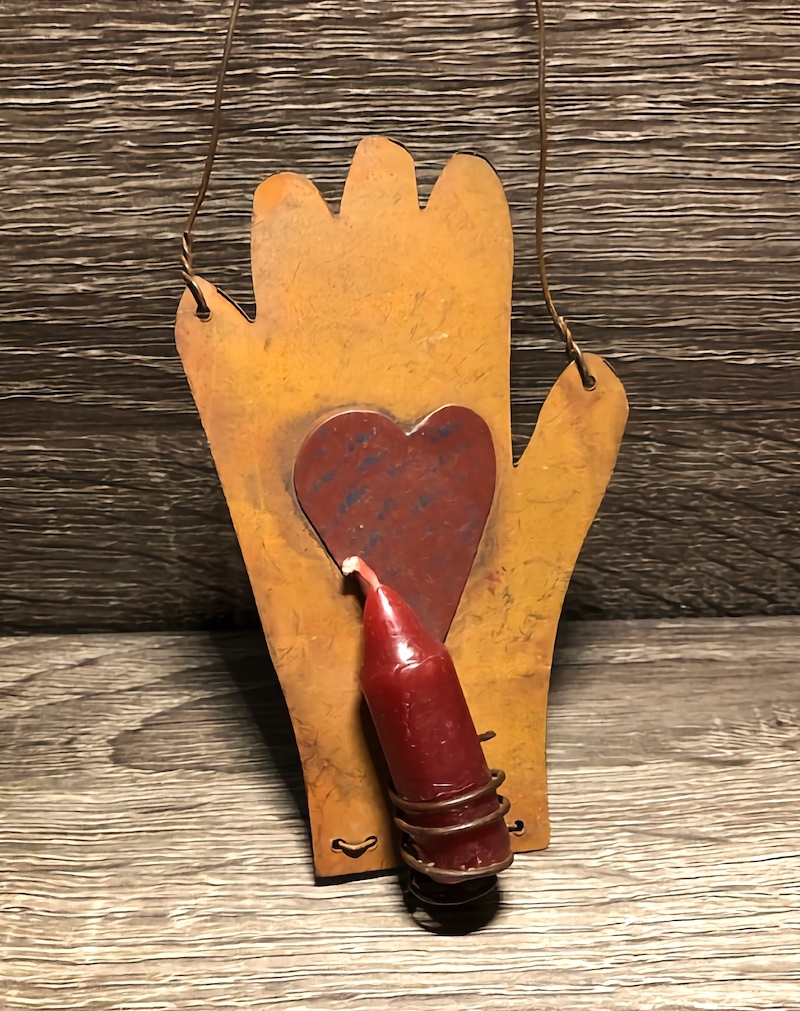
A “handy” candle
I will always be thankful for her impact on my introduction to OT and how it can change people’s lives.
⋯
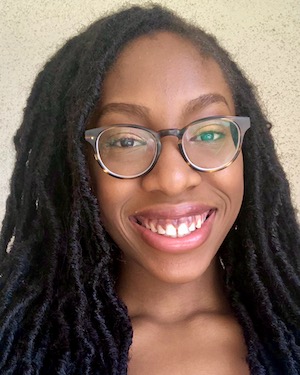
To New Beginnings ⟩
August 21, 2020, by Nmachi
What are OS/OT?
As of this past Monday, I have officially started my second year in the Bachelor’s to Master’s program! The start of this new chapter has left me with mixed emotions. On one hand, I am very excited to advance to my sophomore year of college and get back into the routine of attending lectures and acquiring useful knowledge. On the other hand, I can’t seem to get over the fact that I am starting my sophomore year at home, away from campus and friends. Despite feeling distanced from campus life, I have thankfully found ways to stay connected during this unpredictable time.
With the start of this new school year, I am sadly wrapping up my time as the Chan Summer Student Ambassador. I just want to take a moment to thank all of the amazing OT-lovers that I had the privilege to meet and work with this summer. All of you were so welcoming and made me feel like a true asset to the OT community at USC. I appreciate all of the praise and feedback given, and I am certain that I will become a better student and future OT from all that I have learned from you all!
Embarking on my sophomore year and completing my role as the summer ambassador can both be summarized by one word: bittersweet. I am sad to leave the amazing team of ambassadors and faculty, but I am equally hopeful for what’s to come in my future of OT. This opportunity has allowed me to grow in my love for occupational therapy, and I can’t wait for what’s to come. 😊
⋯





